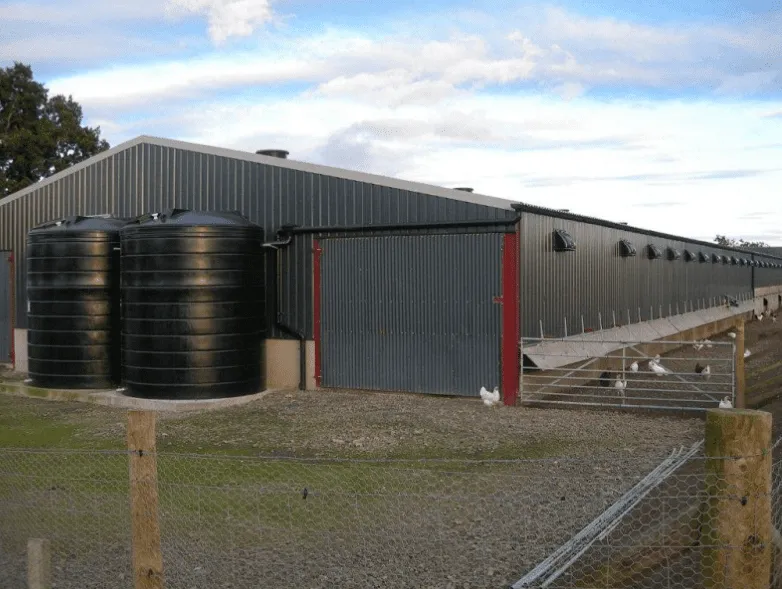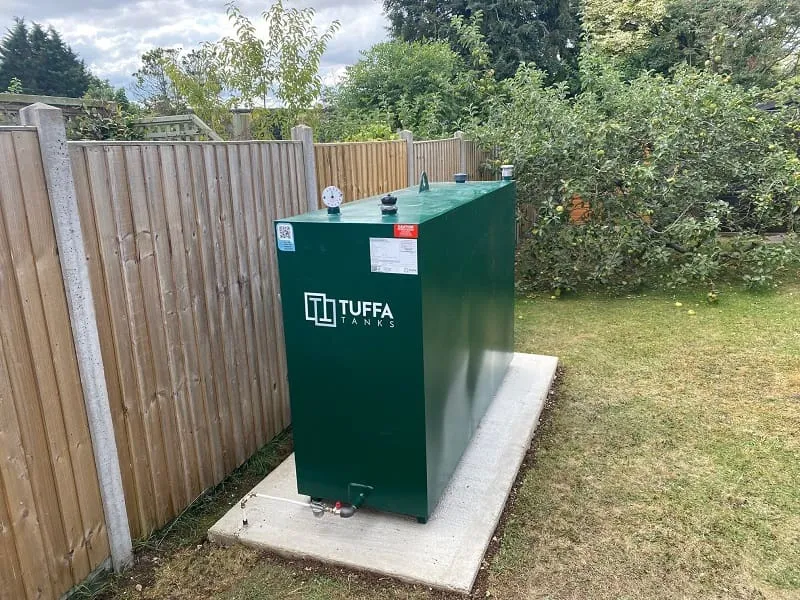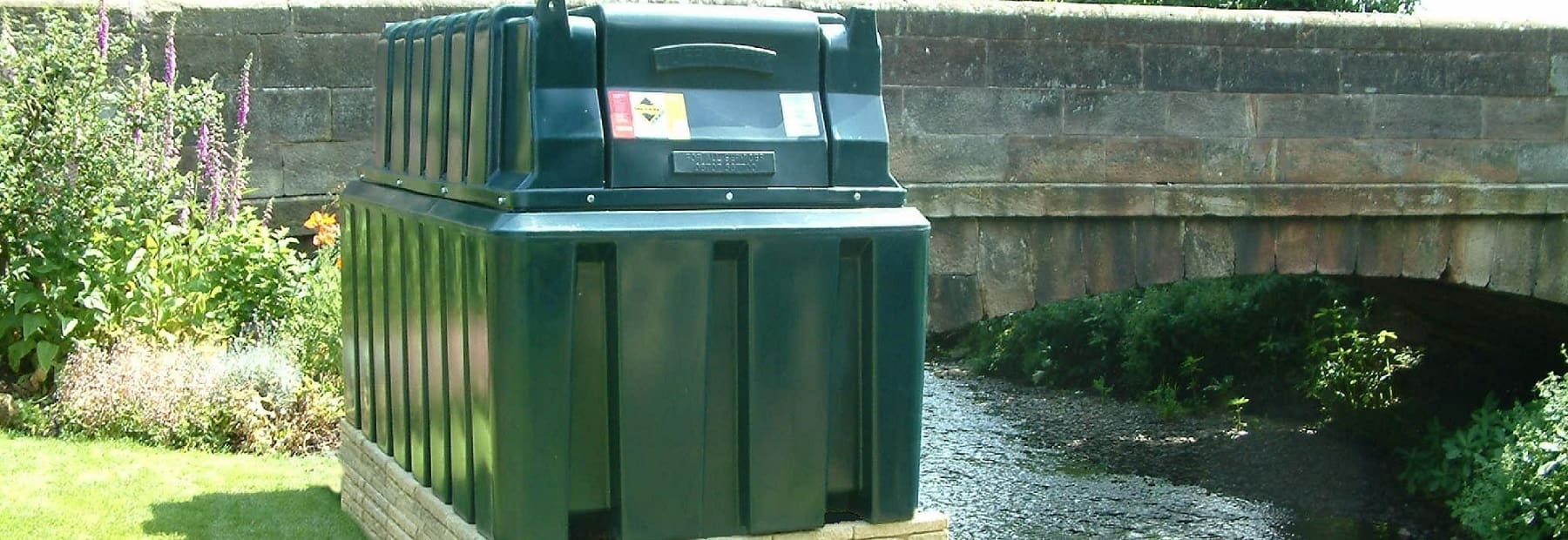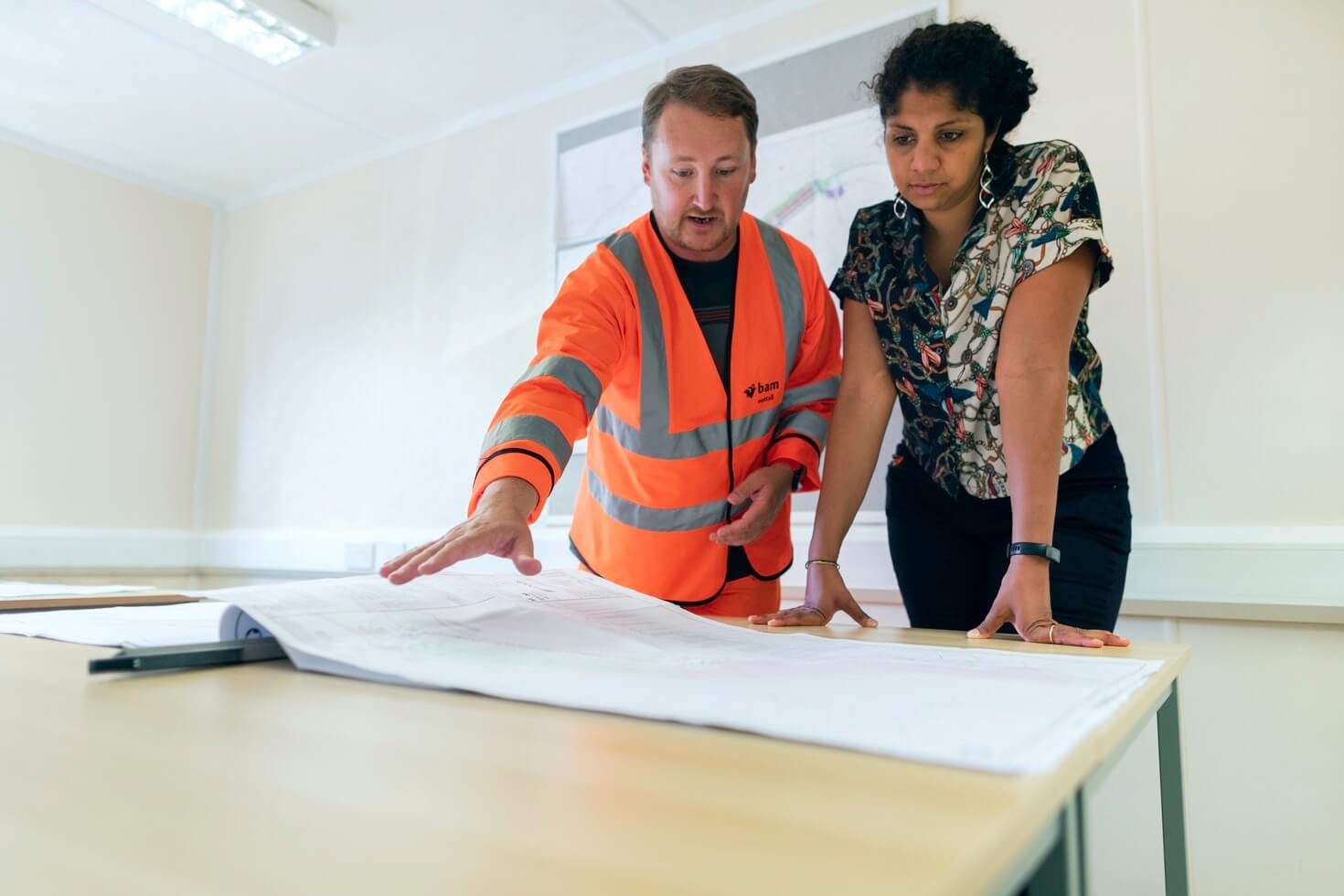Staffordshire Wildlife Trust is an independent charity dedicated to making nature more accessible by managing 30 nature reserves around Staffordshire. In 2018 they received a grant from Biffa Award – a fund that helps to support community and environmental projects across the UK. With this funding the Trust are developing a ‘Learning Hub’ at the main offices in the Wolseley Centre.

The Hub is designed to help facilitate environmental education and inspire respect for nature in families and schools. The very fabric and function of the building will be used as part of the children’s education experience and will feature a cutting-edge environmental design. Once complete, the Learning Hub will help to bring over 15,000 children each year closer to nature.

Unfortunately, the build experienced severe delays and build problems in what was supposed to be a turnkey development completed in Early 2019. This led to the Staffordshire Wildlife Trust terminating the contract with their building company in an attempt to finish the project themselves with the limited remaining budget.
In October 2019 James Dennison, the Head of Fundraising at Staffordshire Wildlife Trust, requested our help to ensure the setbacks of the build didn’t impact the original plans and ecological aspirations. We really sympathised with James and believe the Learning Hub will play an essential role in our local community for years to come. Inspiring and educating children about nature will play a pivotal role in protecting wildlife and reducing our carbon footprint so future generations can have the same opportunities as we’ve had. In a similar regard we have already donated a rainwater tank to the Globe Foundation’s Eco Centre & Recycling Workshop. Needless to say, we were delighted to receive James’ request and excited to be involved with such a beneficial project.
Shortly after James contacted us we went to visit the Wolseley Centre to see how we could support the build. After meeting the Wildlife Trust team, inspecting the building and listening to the Construction Consultant’s suggestions we agreed to donate two 15,000 rainwater harvesting tanks and rainwater filters. Using a basic calculation found in our Expert Guide to Rainwater Harvesting Tanks it was calculated that this would provide a continuous water supply for the usage, roof size and average rainfall in the area.
One of the main criteria behind the Learning Hub’s design was to create a sustainable building using technologies designed to reduce the carbon footprint and running costs. The Hub’s roof was specifically designed to provide a large catchment area capable of harvesting large quantities of water whenever it rains. All that’s needed to catch the water, which would otherwise flood the area and go to waste, is a harvesting system consisting of water storage tanks, and filters.
Harvesting rainwater from the building’s roof will provide the Hub with a free source of water for flushing toilets and running taps. The system’s utility doesn’t stop there. The Trust also plans to build a raised pond fed by excess rainwater from the tank. This will enable children with accessibility problems to get up close to pond life. With less reliance on mains water, the project will also reduce the hub’s carbon footprint, reduce demand on water treatment and alleviate flash flooding.

We asked Jo Olivant, Head of Engagement & Resources at the Wolseley Centre, why she thought having a rainwater harvesting system was so important for the project:
Through our wider work we are really trying to make people aware of the many ways in which flooding can be reduced. Every opportunity we get to talk about this important message – as well as the use of natural renewable sources, reducing resource heavy water treatment – is great, especially when we are using the building to educate children. As the climate changes intensify in future, rainwater harvesting is an important tool that could be far more widely used. Imagine if all the children visiting went home and talked to their parents about flushing the toilet, and using rainwater instead of mains. It might not be the most exciting topic – but it’s one that kids will get enthused about.
At our visit to the Wolseley Centre Jo informed us they the Learning Hub project had become a rallying point for the local and wider community. As well receiving a rainwater harvesting system donation from Tuffa, Staffordshire Wildlife Trust have had cash donations from Redrow Homes as well as kitchenettes from Howdens and toilets from Armitage Shanks. Boosted by this little extra help, the Learning Hub opened its doors in the spring of 2020.


We’ll be following up with Staffordshire Wildlife Trust once the water tanks are in place and the rainwater filters have begun to collect free water. You can check out our Expert Guide to Rainwater Harvesting Tanks for rainwater harvesting advice or contact our team questions and prices online here.































